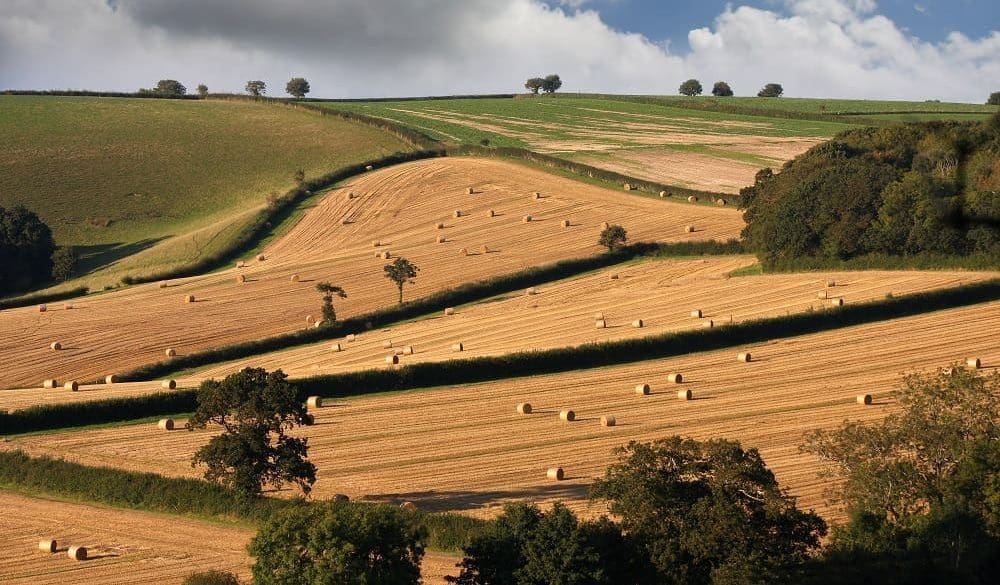
LIKE the stumping of Johnny Bairstow in the last Ashes cricket series, the British are claiming the moral high ground over the Australians once again.
While the cricket rule book says in black and white that Bairstow was out, the tendency of some producers in the United Kingdom to make claims about beef industries across the world being environmentally irresponsible are a little less factual and may have empowered some of the industry’s biggest opposition.
Reflecting the opinions being expressed, an environmental group has this week won the right to challenge the UK Government in court over the free-trade-agreements it made with Australia and New Zealand.
According to the The Grocer magazine the group, which is called ‘Feedback’, will argue the FTA could lead to Australian meat and dairy producers “potentially undercutting” British farmers with goods produced to lower standards and with greater environmental impact.
Beef Central contacted some of the Australian industry’s peak lobby groups for their take on the claims being made in the UK – ironically, they were tied up in a meeting for the Australian Beef Sustainability Framework.
Cattle Australia chief executive officer Chris Parker said the two industries had the same goal.
“Australia has an entirely different production system and landscape compared to the United Kingdom,” Dr Parker said.
“For this reason, approaches to sustainability vary between the UK and Australia, however, both nations have common goals and have made significant efforts to ensure sustainable agricultural production.”
Are UK farmers perpetuating anti-meat rhetoric?
While Feedback is an environmental group campaigning for “less and better meat”, some UK farmers have taken to social media to sling mud at the Australian industry.
It must be said the UK industry is facing some serious challenges, with Government subsidies drying up, which many of them rely on and concern regulators are not putting the mechanisms in place to allow them to turn a profit.
The UK and Europe have also been the home of some of the world’s most prominent animal activists and anti-meat campaigners – whose views have successfully infiltrated politics and resulted in some reductionist policies against farming.
For many farmers in the UK, the defence of the industry has been more about putting down other countries than explaining their own importance.
Former Top Gear host Jeremy Clarkson has become one of the world’s most prominent voices in defending British farming – with his show Clarkson’s Farm, where he takes the audience on his comical journey of learning to become a farmer.
Mr Clarkson consistently explains the predicament British farmers are in as he battles the local planning authority to build a restaurant and value-add his and nearby farmers’ produce. He points out that farmers are being told to diversify by the Federal Government, but local Government won’t allow it.
But he has also been happy stand on the toes of the global beef industry in making his point.
In season two, he claimed nothing good could from the FTA and the result will be “cheap, rubbish beef coming in” to the UK.
He then shared a video from a YouTube channel called Harry’s Farm in response to a TV special last year called “The Great British Beef Battle”, which argued that the UK should prioritise chicken over beef, because beef was responsible for too many emissions.
The creator of the Harry’s Farm video stood in front of a lush/green paddock that had obviously had a land-use change at some point in the last 1000 years and claimed Brazil was the real problem with the beef industry’s land use change.
There were enough similar comments to the ones made on Harry’s Farm to encourage UK agricultural commentator and Nuffield Scholar Claire Taylor to express her disappointment with the farmer reaction to the program.
“I’m very proud of British produce and I am a huge advocate of it, but why would I believe I should be tearing down other farming produce to make ourselves look better and this is exactly what we are doing far too often,” Ms Taylor said.
“I am exploring anti-farming agendas and the scrutiny being placed on farming and this was an example of farmers themselves perpetuating an anti-farming agenda. If you are presented with an opportunity to really show the good about our sector, let’s not pull down other farmers that we know very little about.”
Another was farm leader Liz Webster, who is the founder of an anti-Brexit farming organisation called Save British Farming, tweeting a video of an Australian feedlot put together animal activists.
CA stands behind Australian beef’s sustainability credentials
In response to the latest development, Feedback’s lawsuit against the Government, Dr Parker said it was disappointing to see.
“It is always disappointing to see activists present self-serving representations of the environment or other sustainability matters in Australia that are not reflective of the reality or broader community views about agriculture and our production systems,” he said.
“We stand behind our credentials as a world leader in producing high-quality, healthy, and sustainable red meat.
“The Australian Beef Sustainability Framework and Sheep Sustainability Framework are a testament to the red meat industry’s commitment to transparently reporting industry performance and progress over time on key areas of sustainability.
“The UK is a valued trading partner and friend of the Australian red meat industry, and we will continue to welcome opportunities to showcase the environmental stewardship credentials of our producers and their work to date to drastically reduce emissions.”

